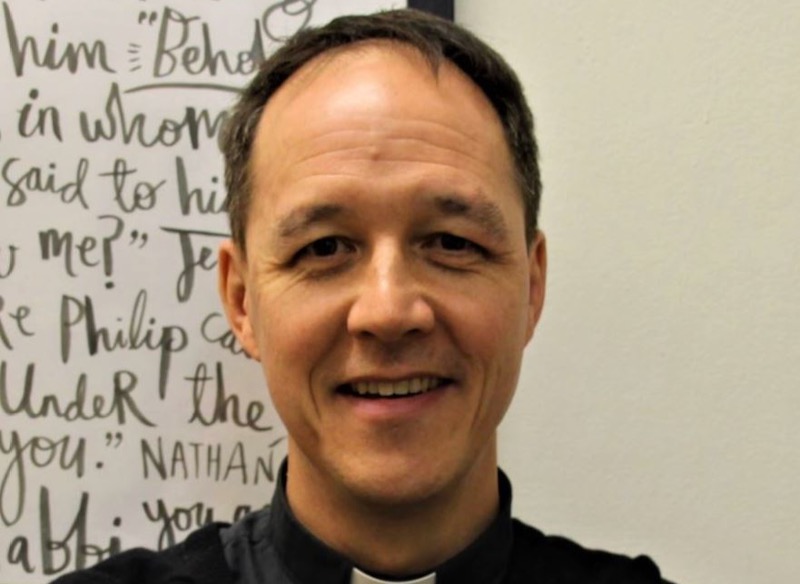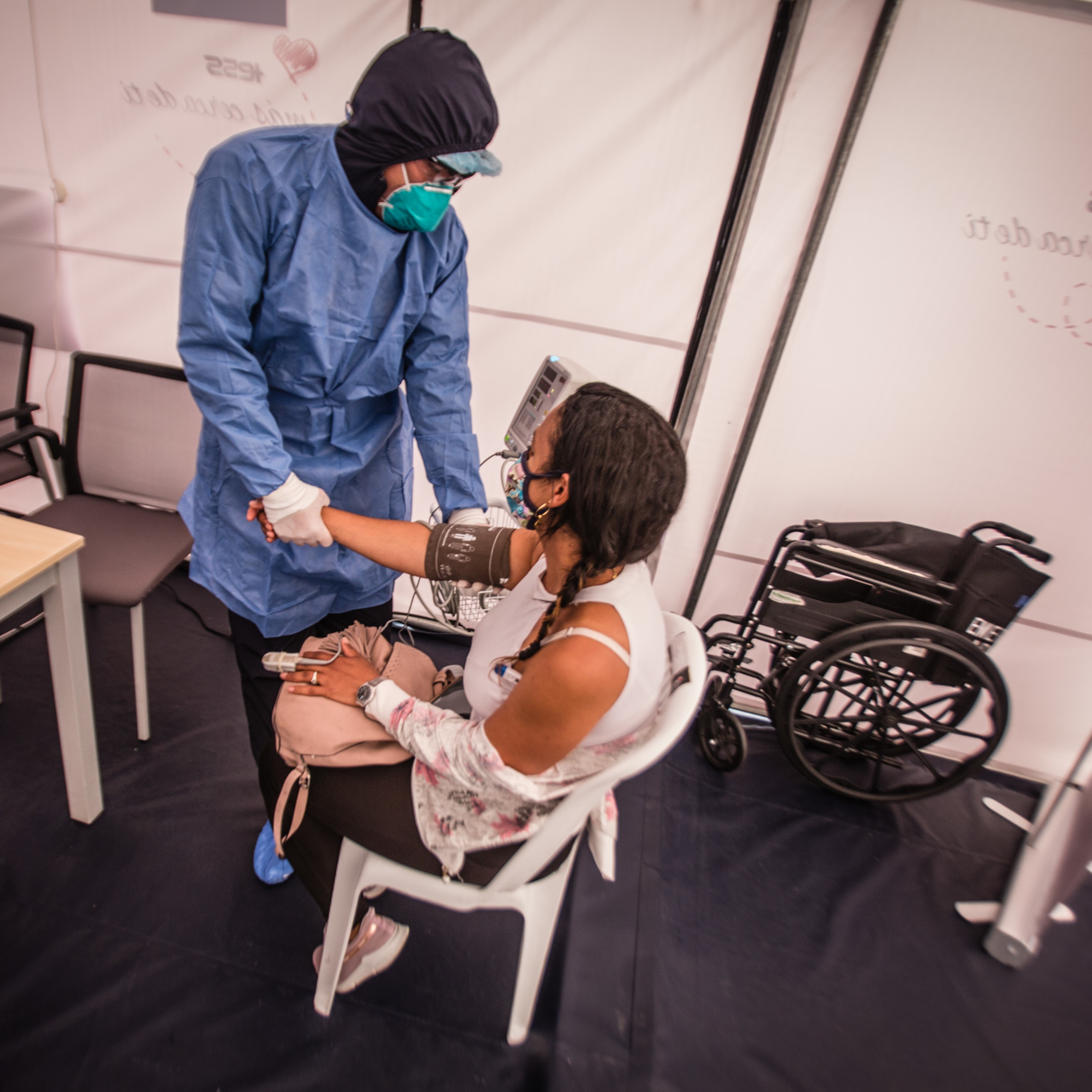One of the things I love about my work in palliative care is the opportunity to celebrate creativity. I see patients who are coming to the end of their lives, with their families and friends, using their imaginations to overcome challenges, achieve their goals, and show their love to each other. Often the role of my team is simply to facilitate and encourage this creativity. We support people to do the things that work for them to meet their needs as they face death. For some this may be finding peace and gentle goodbyes; for some a wild party, celebrating a life well-lived; for others there are relationships to be resolved or “loose ends” to tie up; and, as death draws near, there often comes a time when the patient is too weak or drowsy to participate, but having loved ones present with them to care, pray, bear witness and comfort remains incredibly important.
Human contact is such a core part of the way we support and care for each other during challenging times. Sadly the Coronavirus pandemic limits our ability to connect with each other in the ways that we used to. In an effort to reduce the virus spreading, and to protect all from infection, visiting has been restricted significantly in care homes, hospitals and hospices. Although many places do allow visitors to people who are dying, there may still be limits to the number of people who can attend, the amount of time that can be spent, and visitors may be asked to wear masks and other protective equipment. In addition, if people are unwell or vulnerable themselves they will be advised to remain at home.
It is into this context that The Centre for the Art of Dying Well introduced their guidance on Deathbed Etiquette in COVID-19. It has been a privilege to contribute to this alongside others with experience in being alongside people at the end of their life. The guidance gives ideas and thoughts which may help people to find ways that work for them and their loved ones in this new world. The core advice in the guidance is to follow your instincts and draw on the relationship you already have with the person who is dying, however our hope is that the suggestions in the guidance will give people greater confidence as they approach these sad situations.
Talking to family members there are some common themes that are important about being present at someone’s deathbed: The need to know that the person is comfortable and well cared for; the hope to connect with them, draw strength from each other and to say important final words; the opportunity to gain support for yourself; and the desire to be present for your loved one, waiting together with them and witnessing their final hours.
While it is never possible to fully compensate for being physically present, my hope is that we can learn ways to meet some of these needs in different ways. Technology can help with some of the challenges using phone or video-calls to talk, to simply play music and other familiar sounds of home, or to just wait and watch together using eye contact and silence when words run out.
Healthcare staff will be keen to reassure you of the care they are giving to your loved one, and happy to answer your questions and address any concerns. It can be helpful to find out early on about the easiest ways of communicating with the staff and make sure they know how to get in touch with you.
It is also important to think about ways you can look after yourself as well. Recognise the impact that this situation can have on your physical and emotional health, and look for the things that give you peace, hope and strength, and find people who can support you.
It is also never too soon to say the things that you might wish to say to your loved ones at the end. Simple but profound words like, “Thank you”, “Sorry” and “I love you” do not need to wait until someone is dying. Maybe living and loving in the shadow of coronavirus can teach us all to make the most of the opportunities we have to connect with each other.
Dr Jo Elverson is a Consultant in Palliative Medicine at St Oswald's Hospice, Newcastle and has supported several projects at The Centre for the Art of Dying Well - St Mary's University.



 Loading ...
Loading ...
What do you think?
You can post as a subscriber user ...
User comments (0)